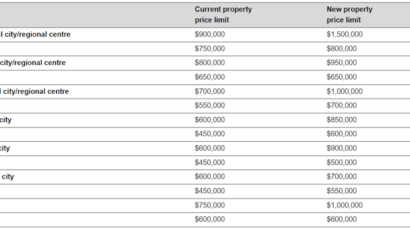Election Diary: Will Peter Dutton help son Harry buy a house?
Political leaders’ kids are routinely put on display to share the glory or the pain of election night. Earlier, they’re Läs mer…
Nyheter och länkar - en bra startsida helt enkelt |Oculus lyx vitae
Political leaders’ kids are routinely put on display to share the glory or the pain of election night. Earlier, they’re Läs mer…
If anyone had any doubts before, Sunday’s Liberal and Labor launches highlighted that this election is an auction for votes, Läs mer…

Anthony Albanese will promise a $10 billion scheme to facilitate the building of up to 100,000 homes that would be Läs mer…
Peter Dutton at his party launch on Sunday will offer a “cost of living tax offset” of up to $1,200 Läs mer…
It takes a bit for Labor not to preference the Greens but on Friday it was announced that in the Läs mer…
When Jim Chalmers and Angus Taylor met for this week’s treasurers’ debate, the moderator observed that in three or six Läs mer…
Perhaps the most compelling moment, at least for non-economists, in Wednesday night’s debate between Treasurer Jim Chalmers and his “shadow” Läs mer…
The Trump ascendancy has forced international economic issues and the future strategic outlook onto the Australian election Läs mer…